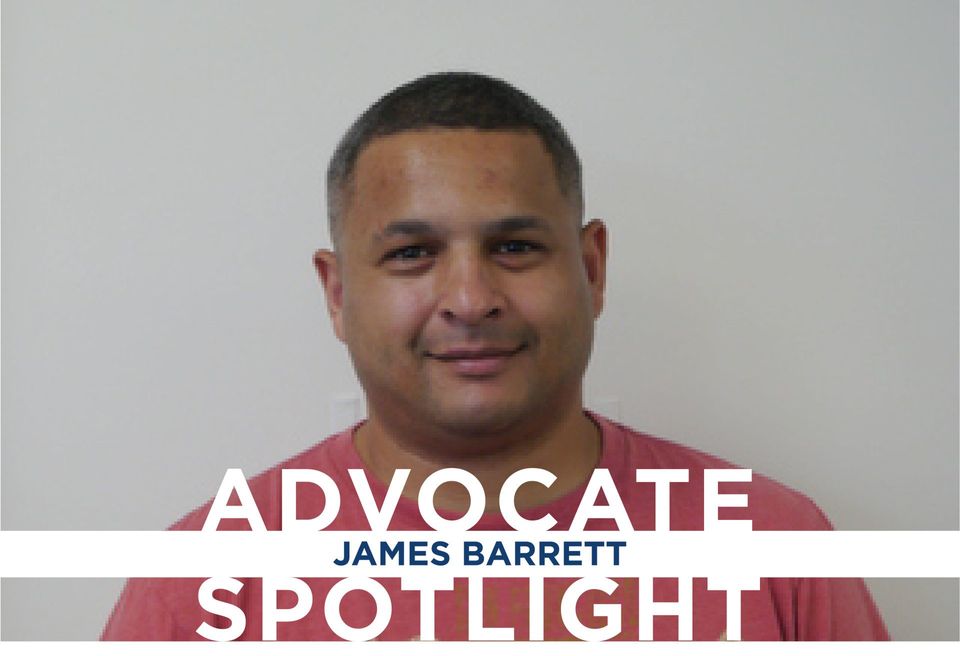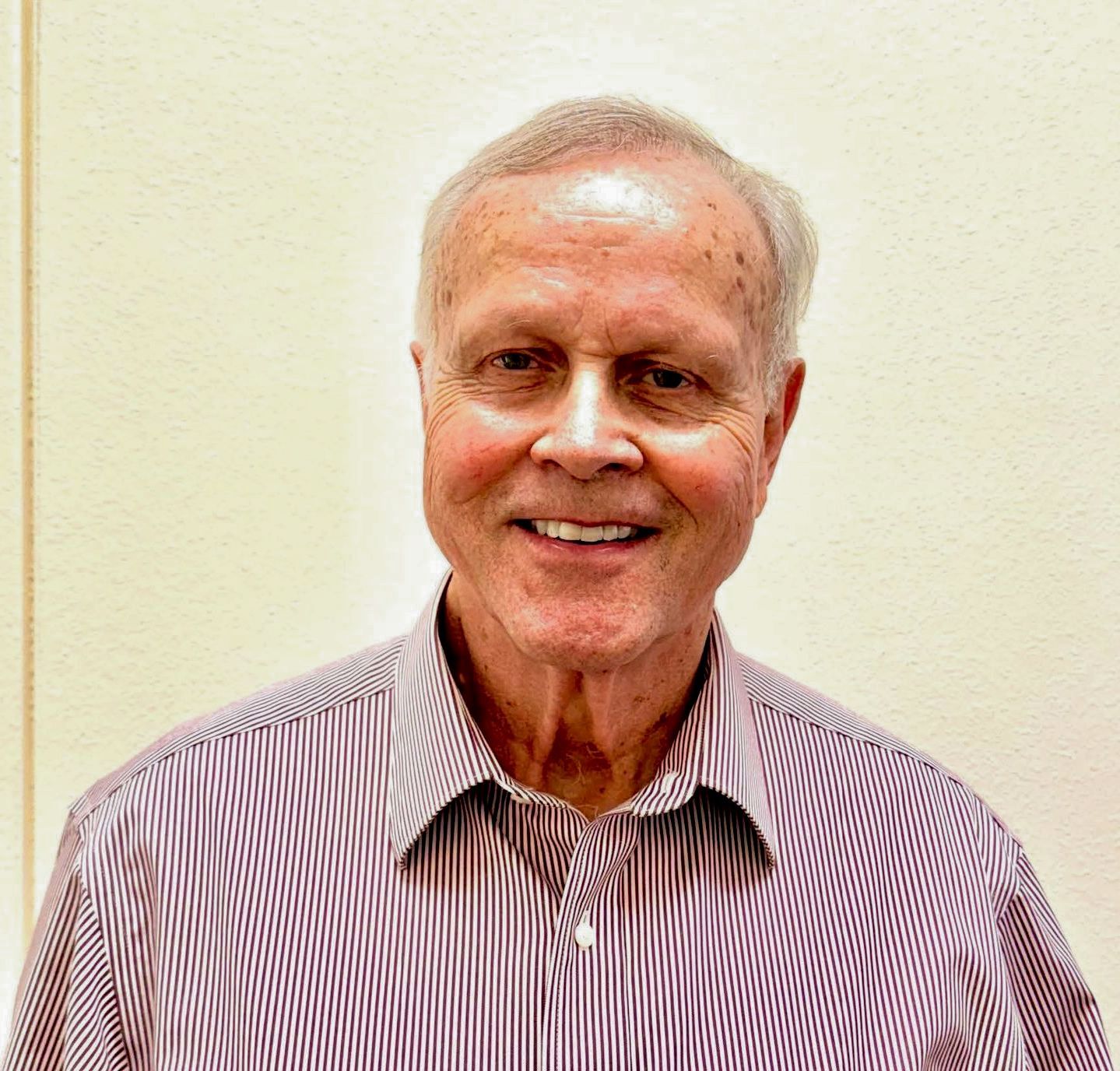Advocate Spotlight: James Barrett
October Advocate Interview

1. How long have you been an Advocate and when did you realize you wanted to become one?
I have been an advocate for going on three years now. I decided to join C.A.S.A. in August of 2016. I have been involved with you before volunteering with the Big Brother program while stationed with the Army in El Paso, Texas. However, because I myself was in the foster care system while growing up I knew that I wanted to serve foster kids and volunteer in other ways. I cannot recall the first time I hear of C.A.S.A. but it was probably in my first semester of training to become a social worker right before I retired from the Army. I mentioned it to my wife and she told me that her mom had actually done it before in El Paso, Texas. I figured no better time than now and how much better could I have become if I had a C.A.S.A. when I was going through the system.
2. What is the most rewarding aspect of being an Advocate?
The most rewarding aspect of being an advocate would be seeing the progress a young child makes. The progress could be simple to us but to them it is huge. I have had the opportunity to see children leave a treatment facility for the first time in two years to simply go bowling, young children go to great adoptive homes, and sibling groups get reunited. Sometimes a child may regress and then progress. To me this is the most rewarding part of being a C.A.S.A. is see how wonderfully children can bounce back from the negatives in our world with a caring adult that promises to stick by them.
3. If you could offer words of encouragement to your fellow and incoming Advocates, what would they be?
The best advice I can give is to always be there for the children. Sometimes what is best for the children is not what they want to hear. If they know you are there for them, they will take to you. Sometimes depending on age and circumstances this may take some time. Be willing to put in the time and effort it takes to “win over” the child. Remember who this child is, what they like, who they like, and what they want to be when they grow up. Little things like a child’s favorite color and favorite super hero will go a long way to helping securing a child’s trust.

By bfines
•
March 21, 2025
In December 2023, CPS received a Priority One referral regarding a 2-year-old child named Katherine, who had been hospitalized after ingesting narcotics. Her mother, Jessica, admitted to being under the influence of methamphetamines at the time. Katherine later tested positive for amphetamines, prompting the Department to seek removal of both Katherine and her 4-year-old sister, Valerie. Their maternal grandmother expressed willingness to care for them but only if CPS became involved. CASA advocate Alfredo Concha was appointed to the case and immediately took action. He contacted the grandparents and met with the children. During that visit, he learned that while the grandparents were willing to provide temporary care, they could not commit beyond December 2024. They had already adopted the girls' older sibling, which kept them busy, and as elderly caregivers, they felt unable to raise two young children long-term. They made it clear—either Jessica would have to get her life back on track by December, or the girls would need another placement. Understanding the urgency, Alfredo used Collaborative Family Engagement tools to seek additional family members who could offer support. He built a strong working relationship with Jessica, which proved invaluable. Through collaboration with Jessica, the grandparents, CPS, and the children's attorney, Alfredo identified and addressed barriers to reunification. A primary concern was Jessica’s history of substance abuse and the risk of relapse. After completing inpatient drug treatment, Jessica chose to move in with her ex-boyfriend, Robert, and his mother, Marie. Given Robert’s history of substance abuse and their previously volatile relationship, Alfredo recommended that Robert participate in services to strengthen their family dynamic. This included undergoing a substance abuse assessment, engaging in treatment, and completing a domestic violence prevention program. Alfredo also ensured Robert and Marie were included in planning meetings. During one of these meetings, Marie expressed her willingness to take in the children and committed to caring for them regardless of Jessica and Robert’s relationship. With this new support system in place, the girls were able to return to Jessica on December 3, 2024. CPS and Alfredo closely monitored the placement for several weeks to ensure stability. By January 2025, Alfredo recommended case closure, allowing the family to move forward with their lives. During the final hearing, Jessica addressed the court, expressing her gratitude. She stated that without the support of CPS and Alfredo, she would not have been able to succeed.
Stories of Hope Delivered to Your Inbox
Sign up for our newsletter to receive impact stories, announcements, and first look into any upcoming CASA events or campaigns!
Newsletter Sign Up
Thank you for signing up for the CASA newsletter! You can close out this window now to navigate through the rest of our site.
Oops, there was an error sending your message.
Please try again later.
Please try again later.

Voted Best Nonprofit to Work/Volunteer for
in San Antonio!





